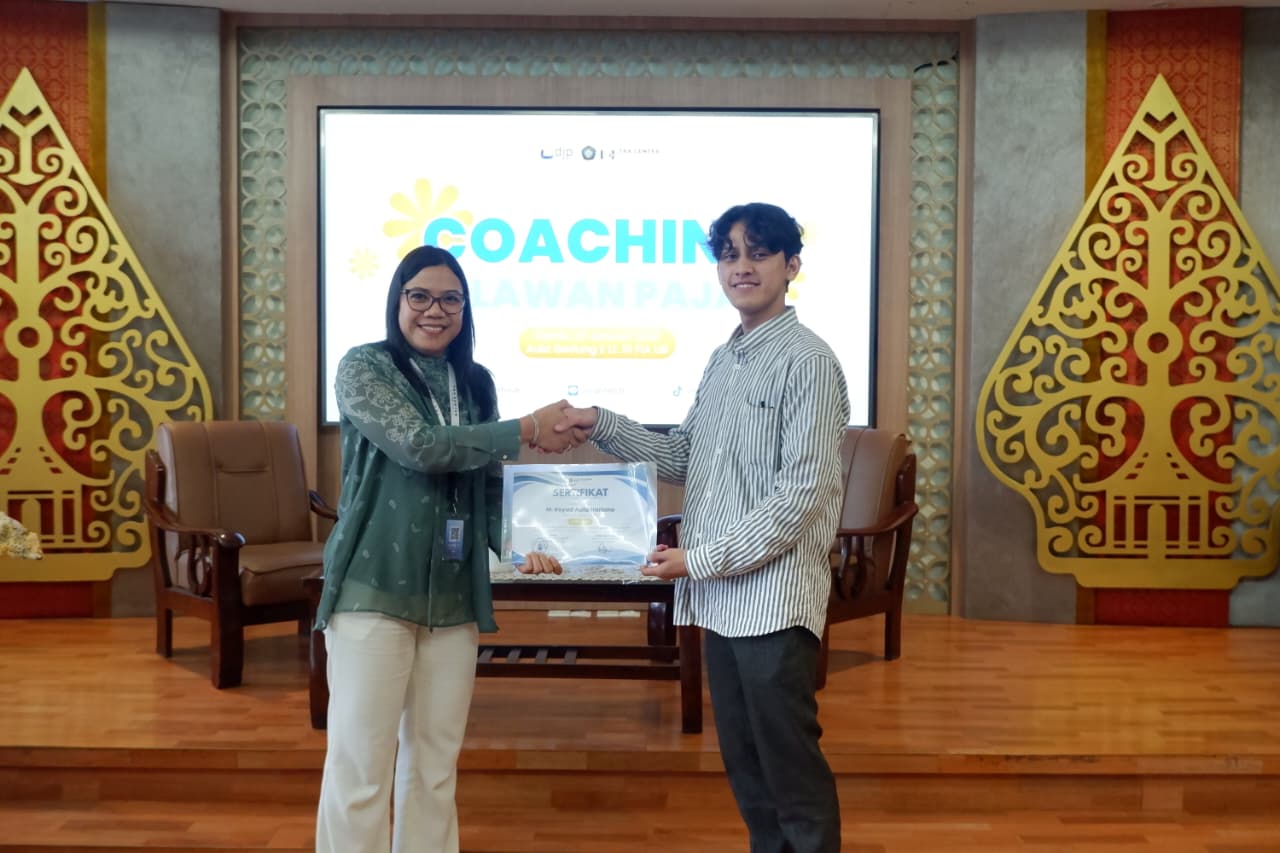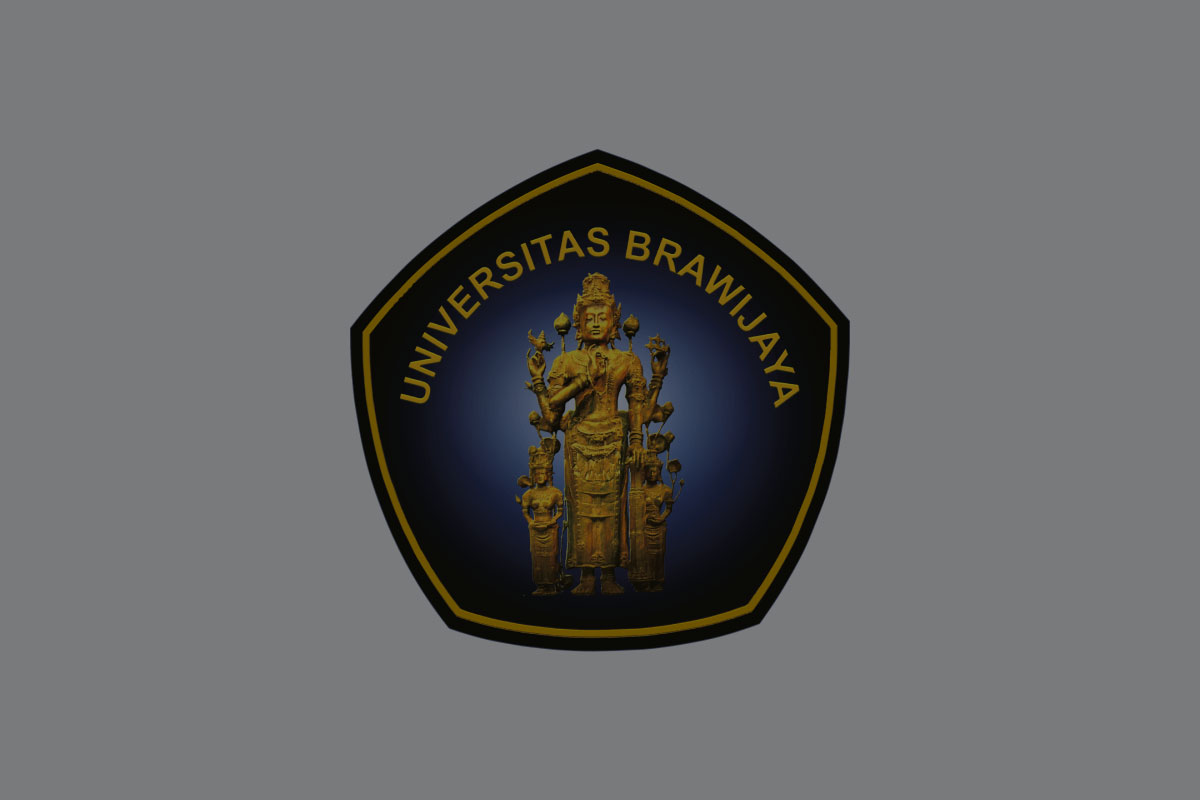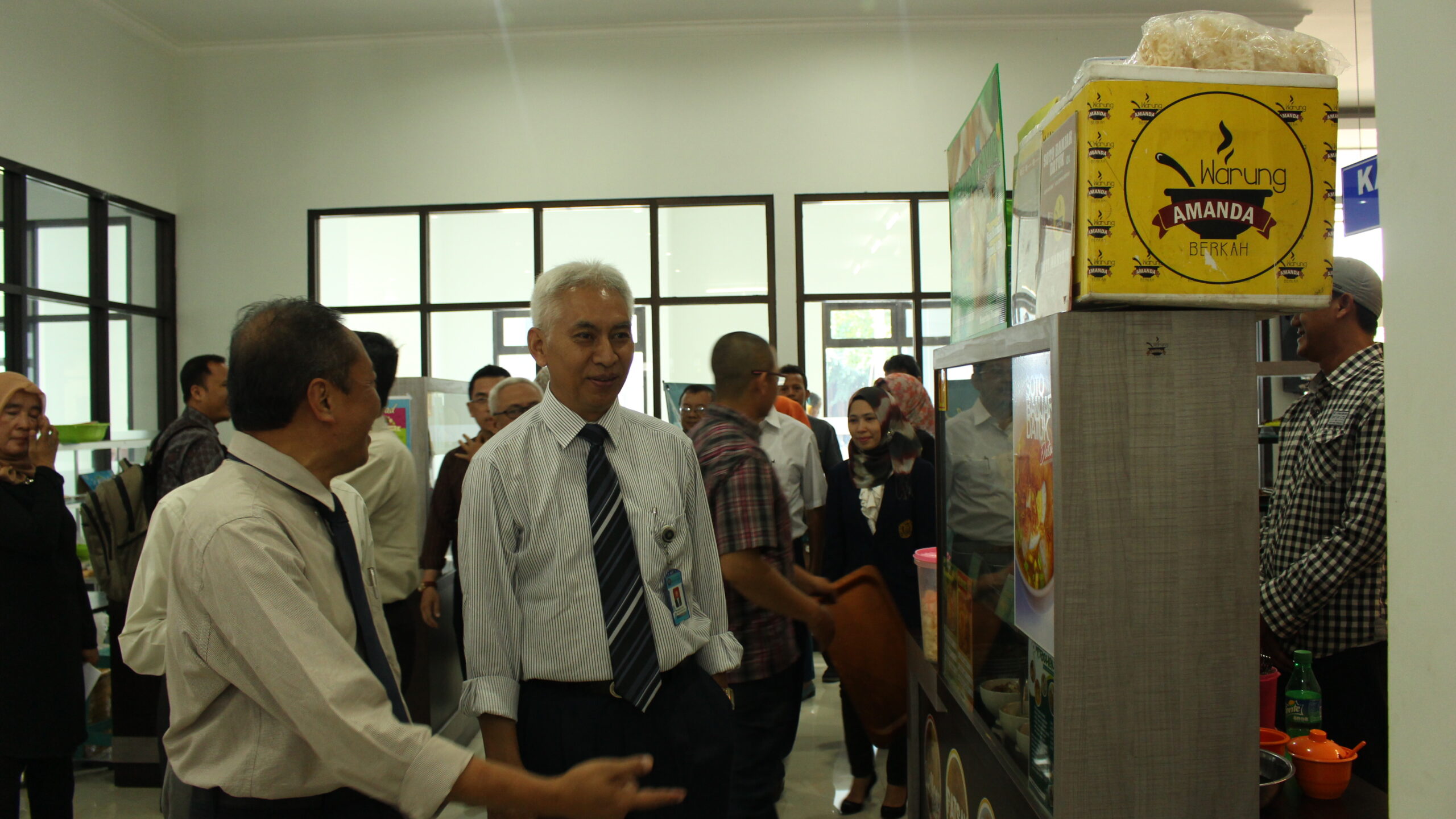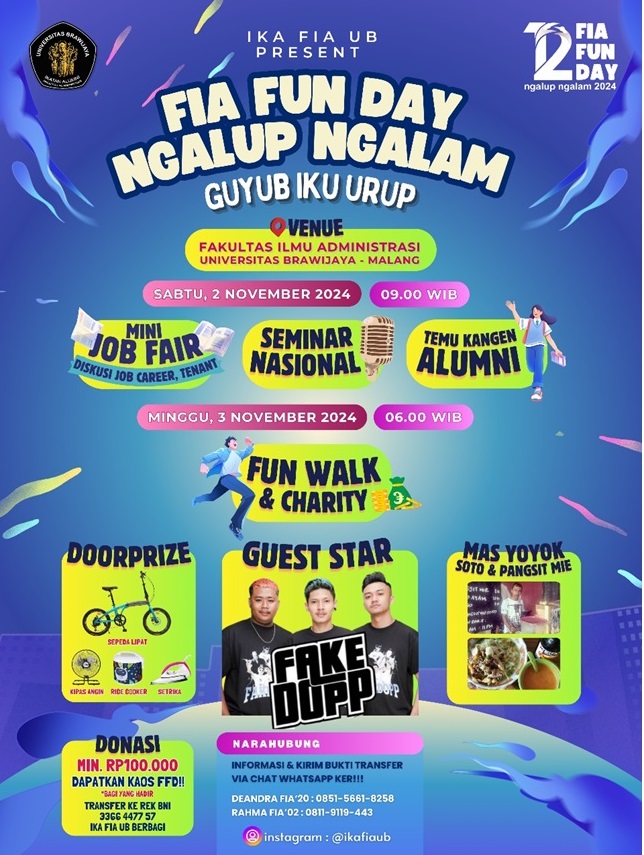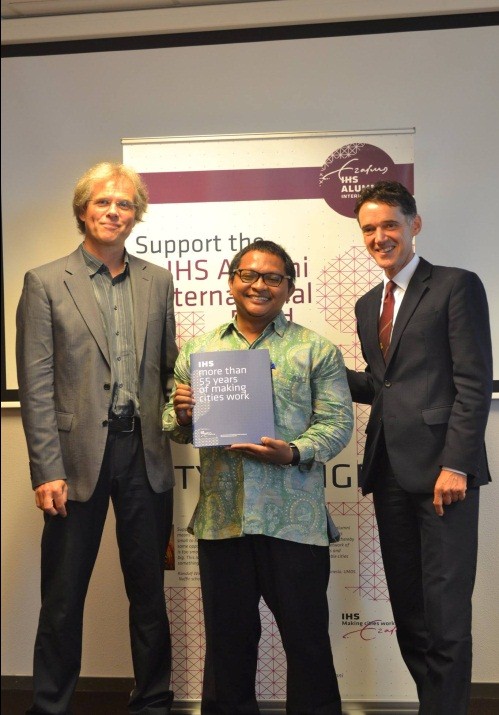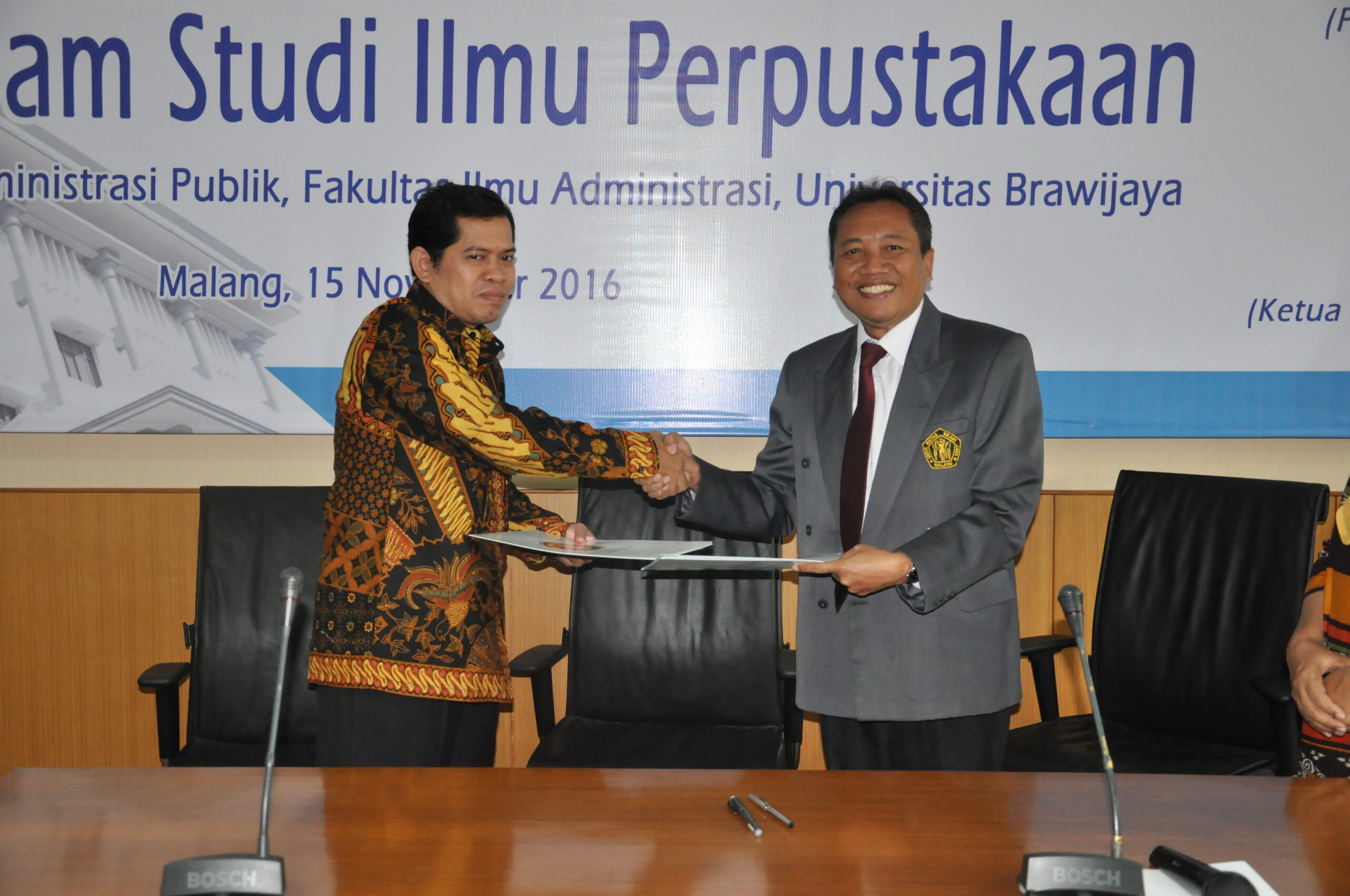
The Library Science Study Program on July 25 2022 held a National Workshop entitled Curriculum Evaluation for the Library Science Study Program, Faculty of Administrative Sciences, Universitas Brawijaya 2022. This activity was attended by lecturers from the curriculum development team, academics, practitioners and professional associations, alumni and representatives of Library Science students. Held online via Zoom Meetings, this workshop aims to implement a shared understanding of the curriculum that uses the Outcome Based Education (OBE) approach and supports MBKM so that study programs are able to determine their curriculum based on the expected graduate profile.
The aim of this activity is to obtain input suggestions and mutual understanding regarding curriculum development using the Outcome Based Education (OBE) approach and support MBKM for the Library Science Study Program, and realize technical steps for the stages of curriculum preparation based on the Higher Education Curriculum Preparation Guide in the industrial era 4.0 to support MBKM; and the preparation of the 2022 FIA UB Library Science Study Program Curriculum which is in accordance with Minister of Education and Culture Regulation Number 3 of 2020 concerning National Higher Education Standards. The first segment in this workshop was to hear material from resource persons regarding curriculum preparation, professional education in Library and Information Science, and Data Science as a new perspective in Library and Information Science. Then continued with the FGD segment from academics, practitioners and professional associations, as well as alumni and students.
The first segment with resource person Putu Laxman Pendit, Ph,D., he said that library and information science graduates are higher education graduates who have complete and comprehensive knowledge about their science and have the potential and competence to apply and dedicate this knowledge to their community in various fields of life. ISIPII aspires to channel and guarantee the potential and competence of library and information science graduates in applying their knowledge in society, as well as ensuring that their scholarship is always respected and relevant to the needs, conditions and changes in Indonesian society.
"Before discussing the curriculum, I would like to discuss referring to IFLA (LIS Education Working Group. In 2021, the name of our study program is Library and Information Science (LIS), Library and Information Science. Science is not a definition, science exists because it is practiced, Library and information science is in a social and cultural context. It continues to develop as a practice. We believe that this science is universal, we believe that library and information science is a socio-cultural science. Science as field of study and a professional practice. "Library science was born after there was a professional education school," said Mr. Putu Laxman Pendit.
According to him, the study program in its implementation must prepare several things, including how to produce graduates who are skilled and have complete knowledge, professionalism as an application of science, as well as the name of the department, degree and type of profession in the field of libraries and information. Library science focuses on what humans do, because it is related to practices, namely Collect, Organize and Serve. According to him, the curriculum proposed by Brawijaya University is in accordance with that recommended by IFLA, with the caveat that there are things that are still not detailed.
In the second delivery of material, namely from Mr. Dr. Mujibur Rahman Khairul Muluk, S.Sos., M.Si who discussed the PSIP FIA UB Curriculum. There are many things that need to be considered in preparing the curriculum, such as evaluation of the curriculum, the basis of the curriculum referred to by the KKNI, graduate profiles, quality assurance standards. Apart from that, Mr. Muluk also added that the PSIP FIA UB curriculum needs to adapt to the Industrial 4.0 era so that graduates from PSIP FIA UB can compete in this Industrial era.
The second segment from Mr. Irhamni Ali, MP., he said that the aim of the information science program is to integrate various approaches to solving problems and contribute to the theoretical basis, which in this field focuses on library and information science, data science, security cyber, health informatics, journalism, and Indonesian. Meanwhile, data science is a discipline that provides principles, methodology, and guidelines for analyzing data for tools, value, or insights.
The analysis data component is related to statistics, data engineering, data visualization, domains, and also advanced computing. Data management skills are very important, and in the FIA UB Library Science study program there are closely related courses, namely Information Management, Bibliometrics, Data and Information Analysis, Data and Information Analysis Practicum, Seminar on Contemporary Information Issues, and Curation and Preservation Information Media.
Therefore, according to Mr. Irhamni Ali, MP. It's best to hone your skills regarding how to do it cleaning And exploring data including matching files with the master database, data analytics related to exploration, inference, and also prediction, data visualization and Story telling, as well as contemporary issues in Library and Information Science. In Indonesia itself, the problem of libraries with data is that it is still a consideration and not considered a critical problem, there is no policy bibliographic data, and there are not many librarians who are interested in this field.
This activity ended with a Forum Group Discussion (FGD) session for several practitioners, professional associations, alumni and students to provide suggestions and input which could later be taken into consideration in developing the library science study program curriculum. Suggestions and input from practitioners and professional associations, as a representative of ISIPII Mr. Ferli Elnumeri, M. Hum., according to him there must be an offer of solutions to the problems that occur, including strengthening courses related to advocacy skills, professional ethics, and encouraging students to actively organize so that undergraduates, especially graduates from the Library Science study program, are more sensitive to developments in society so that there is movement in society in solving existing problems.
Then secondly, from Mr. Yogi Hartono, a practitioner who now serves as Digital Asset Manager for CNN Indonesia, he conveyed several factors in the shift in libraries, one of which is that material data sources have changed, become more complex, multidimensional, multidirectional and also provided suggestions regarding the factors he has conveyed, namely There is differentiation highlighted in its courses compared to other universities.
Third, from Mr. Wahyu Setiawan, MH practitioner from PT SAI and PSIP lecturer, he gave input on how to prepare students to be more active in developments so they can adapt to field conditions because it turns out developments are several steps faster. Fourth, from Mr. Abdul Cholil as a practitioner as General Chair of the Indonesian Records Management Professional Association, there are several inputs that have been conveyed by him. First, encourage campus stakeholders to be closer to developments in the industrial world from all fields (both government and private). Second, provide stimulus to students to always broaden their horizons regarding the needs of the world of work. Finally, business function and leadership-ARMA Core Competencies. Fifth from Mr. Ir. Setyo Edy Susanto, he hopes that when studying, students will get the practical material needed in Indonesia and regarding digital archives, emphasizing the process of maintaining digital data, because the risk of damage is greater.
The FGD segment then continued with alumni and active students. Representatives of alumni and active students of the Library Science Study Program also provided suggestions and input on curriculum evaluation. Some suggestions and input include that the study program should prepare graduates to adapt to the data analyst profession which has the potential to be filled by library and information science students, so that the study program emphasizes communication skills in its graduates who will work in libraries, it is hoped that the study program prepares teaching resources so that the material lectures are truly controlled by teachers who are competent in their fields to produce graduates who are valuable for the business or industrial world, so that study programs form new programs or initiatives such as research teams so that they can make a real contribution to society, it is also necessary for study programs to provide competence for their graduates who will become librarians to serve people with disabilities, the accuracy of entrepreneurship courses so that they are appropriate to science, as well as efforts to adopt an international scale library and information science curriculum.

